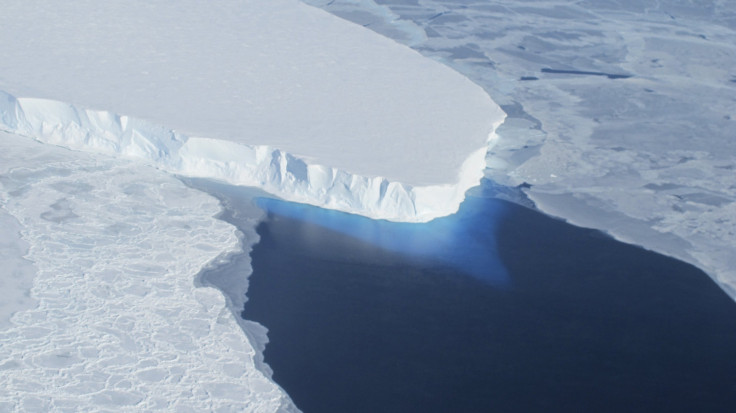Melting glaciers slow down Earth’s rotation, will make days 1.7 milliseconds longer

The Earth’s rotation has been slowing down due to the melting of glaciers caused by the Earth’s rising temperatures. In a research published in the journal Science Advances on Dec. 11, scientists claimed that melted water from glaciers not only causes sea levels to rise but also shifts mass from the pole to the equator, slowing down the Earth’s rotation.
"Because glaciers are at high latitudes, when they melt they redistribute water from these high latitudes towards lower latitudes,” said Jerry Mitrovica, a geophysicist from Harvard University, Reuters reports. “Like a figure skater who moves his or her arms away from their body, this acts to slow the rotation rate of the Earth."
“Imagine a figure skater who doesn't stick their arms straight out but rather sticks one at one angle and the other out at another angle. The figure skater will begin to wobble back and forth,” Mitrovica adds. “This is the same thing as polar motion."
The researchers said that the melting of ice sheets and the rise in sea levels moved the rotation axis at a rate of less than a centimetre per year in the 20th century. This caused days in that time to be a thousandth of a second longer.
Mathieu Dumberry, a professor in the Department of Physics at the University of Alberta, claimed that the length of a day will be increased by 1.7 milliseconds a century from now. This may not seem drastic initially but this will increase over time.
Mitrovica commented that these are small effects but still indicate the impact of climate change. Moreover, Mitrovica notes that the rotation slowdown does not pose a danger to the planet.
Contact the writer at feedback@ibtimes.com.au or tell us what you think below.




















